Serbian president addresses UN General Assembly
Serbian President Tomislav Nikolic has called on the UN to reject Pristina's bid to join UNESCO, and spoke about the refugee crisis.
Thursday, 01.10.2015.
09:31

Serbian president addresses UN General Assembly
Addressing the 70th session of the UN General Assembly in New York on Wednesday, he singled out mass migrations from the Middle East as the biggest challenge, warning that Southeastern Europe could face a humanitarian crisis with unforeseeable consequence if the internations community decides not to make concrete efforts to solve it.He said that despite the attempts to stigmatize them otherwise, Serbian citizens are not "genocidal criminals" but "humane people and good neighbors."
"Even though it was not directly involved in the conflict in the territory of the former Yugoslavia in the 1990s, started and stage-managed in the similar way to the conflict in Syria, Serbia was labeled guilty," he said.
"Even a resolution was submitted to the Security Council recently to stigmatize the Serbs as a paragon genocidal people, although such characterization of any people in the world is unjustifiable. The attempt failed owing to those members of the Security Council who were aware of the ulterior purposes and intentions of the sponsors of the resolution, as well as of its, possibly, disastrous consequences," he said, in reference to a British draft resolution on Srebrenica that was vetoed by Russia, and added:
"What kind of genocidal criminals are we? Is that the image imparted by the footage of migrants, un-frightened and un-worried only in Serbia about the reaction of the people or the authorities unlike elsewhere in the region, or is it the image of a hospitable people with a kind heart? Have the Serbian citizens changed? They have not. The people of Serbia of all ethnicities have, now and in the past, been humane and hospitable, as well as good neighbors."
"In addition to refugees from Syria, Afghanistan, Pakistan and Iraq, Serbia plays host to hundreds of thousands of refugees and displaced persons from the territory of the former Yugoslavia; they are preponderantly Serbs, but include also Bosniaks, Croats, the Roma and others. Some of these people have gone to third countries, while others continue to live in Serbia. We are still faced with the consequences of these migration changes as they altered the demographic, social and other structures of the country and society," the president said.
"Then and now, my country has not had much to offer to these destitute people who left their homes. It shared the little it had," Nikolic told the UN General Assembly, noting that as a country that has been hard hit by the crisis, Serbia expects UN members to act "responsibly and humanely."
"We should all bear in mind that this situation will have global consequences. Civilization is at a crossroads. Europe is going through serious travails and tribulations. Now is the time for it to show if it still is the standard-bearer in the implementation of human rights and the respect of international law or if it continues to turn a blind eye to the apparent double standards and allows the attainments of civilization to be valid only for some countries and some peoples," said Nikolic.
The president also spoke about the challenges posed by extremism and fanaticism, but also climate changes, sustainable development, and combating poverty.
"We can expect a better future only if we overcome problems such as hunger, wars and diseases," he said, and added: "Therefore, Serbia has actively participated in peacekeeping operations all over the world and has made every effort to train and equip an ever greater number of its officers and soldiers to take part in such lofty assignments."
He also mentioned that the country currently presides over the OSCE, "in a manner which elicits recognition from all, including those in conflict among themselves," and has been, "for more than three years now," a European Union candidate country- "and continues to take decisive measures to harmonize its system and practice with the Union standards."
"Equality is not applicable only to relations among individuals, but also to relations among States. Our fathers shed blood on many battlefields for equality of all peoples," Nikolic said, and urged the UN members "to show genuine empathy, solidarity and responsibility in the future and to build, together and indefatigably, true humanism in the organization that gathered us together here today."
"I would like us to meet in this place with different messages next year and, if not with problems solved, then at least with steps made towards solving the problems that burden us today. I would like us to be better every coming year; I would like the world to feel that ideas of liberty and equality, of humane and just society are not just empty rhetoric, but genuine resolve to implement them on this planet of ours," said the Serbian president.
"Systematic destruction by Albanian terrorists"
Speaking about Pristina's UNESCO bid, that the Beta agency said was submitted by Albania and 44 more countries, Nikolic called on the UN to preserve its credibility and oppose the initiative."The United Nations must preserve its credibility and stand up to the injustice and evil that would be done to Serbia by the acceptance of this initiative. I am confident that, as responsible statesmen and honorable men and women, you will reject the injustice and evil that might have a domino effect on other peoples and States in the future as well," he said.
"Territory, people, languages and cultural heritage make up a State. Serbia is the only country in Europe which, in addition to the seizure of a part of its territory, expulsion of its people, their unpunished killing and the so-called harvesting of their organs, has now attempts made against its cultural heritage under the protection of UNESCO," Nikolic told the session, and recalled that "in March 2004, the Albanians in Kosovo and Metohija destroyed, in the presence of KFOR and its lackluster opposition, numerous Christian Orthodox churches, church outbuildings, convents, bell towers, monastic libraries and archives, most often by setting fires or explosive devices."
"That was only a brutal and effective continuation of the damage and destruction of over 140 Orthodox sanctuaries done ever since the arrival of the United Nations Mission and KFOR in June 1999. In this period, the Albanian terrorists destroyed systematically the traces of the spirituality and culture of the Serbian people in Kosovo and Metohija, the traces of centuries-long life of the Serbs in Kosovo and Metohija, the existence of which on this territory of theirs is evinced by monasteries and churches whose foundations were laid often before the ninth century. These are the Serbian deeds etched in stone, the testimony of the Serbian presence in Kosovo and Metohija," the president said, adding:
"The 31st UNESCO Conference said that crime against cultural heritage was committed in Kosovo and Metohija."
"372 cultural monuments of the Serbian people of high value have been registered in such a small territory of Kosovo and Metohija exactly under the standards provided for by UNESCO," he said.
"Not only Serbian, but also European culture, the world’s collective memory, are preserved in Kosovo and Metohija; an important civilizational stride of man on planet Earth is preserved in Kosovo and Metohija. It is therefore important that Serbia continues to be the keeper of its, and the world’s, cultural treasure, as a full member of UNESCO," Nikolic said.
"Should that request be accepted nonetheless, a dangerous precedent will be set and room will be opened for the legalization of violence over national, cultural and religious identity of any people wherever. By defending the right of Serbia to preserve and present proudly its identity and cultural heritage, as it has done for the past eleven centuries, by preventing the unscrupulous intention that one’s heritage be stolen and ascribed to somebody else, we are defending the underlying principles of international law and human justice, as well as those on which UNESCO was founded. I therefore call upon all the presidents not to allow that the Serbian people be taken its soul, seized its essence and have its monasteries in Kosovo and Metohija, its spiritual backbone, declared cultural heritage of the Albanian people in Kosovo and Metohija. Simply, this is neither truth nor an historical and scientific fact. It is not justice," Nikolic said in his address.
Speaking about Kosovo, he stated that Serbia talks to the representatives of the administration in Pristina and will fulfil all its obligations under UNSC Resolution 1244 (1999) and all its obligations under the agreements reached in Brussels thus far - but will never ever recognize the independence of the Autonomous Province of Kosovo and Metohija, a part of its territory to which it its existence is connected.
"Fragile stability"
Nikolic said the problem of the mass migration from the Middle East is the greatest challenge of today, describing the humanitarian catastrophe faced by the world today as only a consequence the crisis that has shaken Syria for four years now, "all along without an adequate response by the international community.""Despite the difficult economic situation, Serbia is making every effort to provide a decent stay and accommodation for refugees. However, if the international community, the European Union in the first place, fails to make concrete efforts to solve the problem, a humanitarian catastrophe of an even larger scale threatens South-East Europe. The consequences are impossible to foresee, but they will surely affect not only Europe, but the whole world as well," Nikolic warned.
He said that 125,138 persons arrived in Serbia between January 1, 2015 and September 14, 2015 and that only 524 submitted asylum requests.
Nikolic pointed out to "the worrisome practice of some governments which erected wire and razor fences to ghettoize the asylum seekers fleeing war and destitution."
"The governments of certain United Nations Member States behave as if they never left the ideology that prevailed until the end of the Second World War, destroying the fragile stability in the Balkans, achieved through hard work and dedication, to which Serbia contributed the most," he said.
Nikolic added that "our borders are open to receive them (refugees) and to let them go," and that Serbia, which has had to cope with a deep economic crisis since 2008, cannot provide refugees with much more than personal safety.
"We therefore need a comprehensive plan that would have to be implemented within the shortest possible time. Without such a plan, migrants will be left altogether to the mercy of human smugglers. Passivity and an increasingly inhumane treatment of migrants open a market for smugglers. The sequence of catastrophes to ensue in that case from the Mediterranean to the British Isles would be tragic and the one in which more than 800 people died would be remembered just as one sad link in that sorry chain," the Serbian president said.











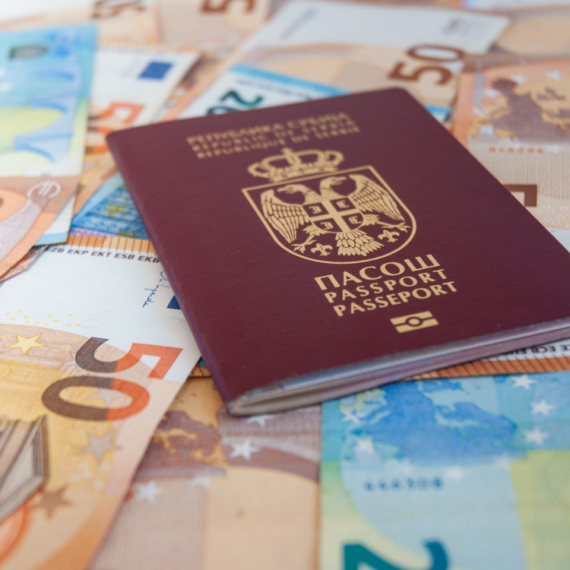



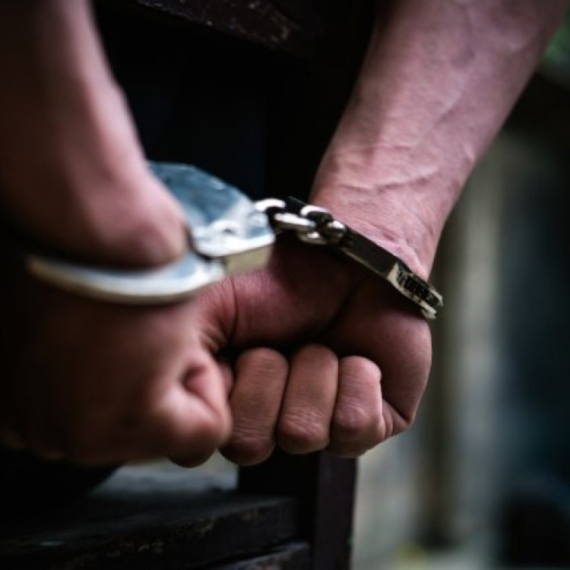
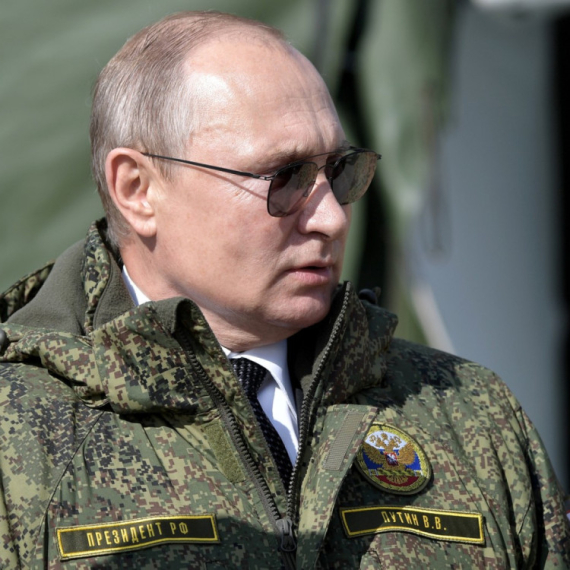
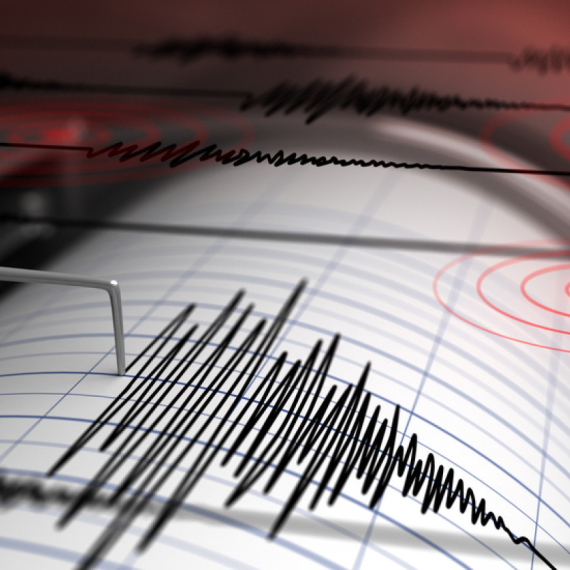



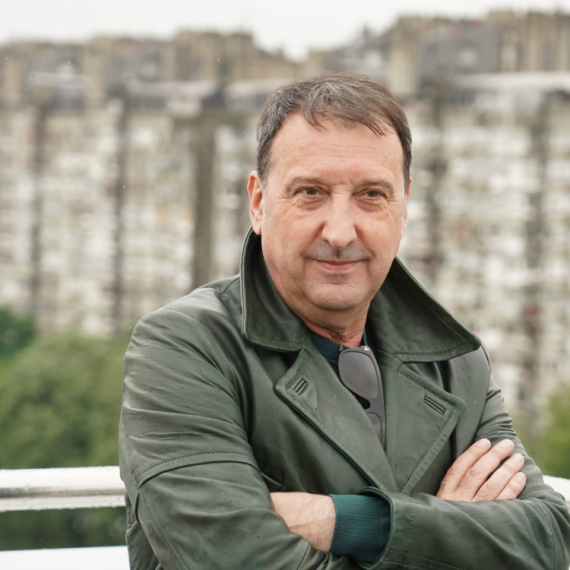

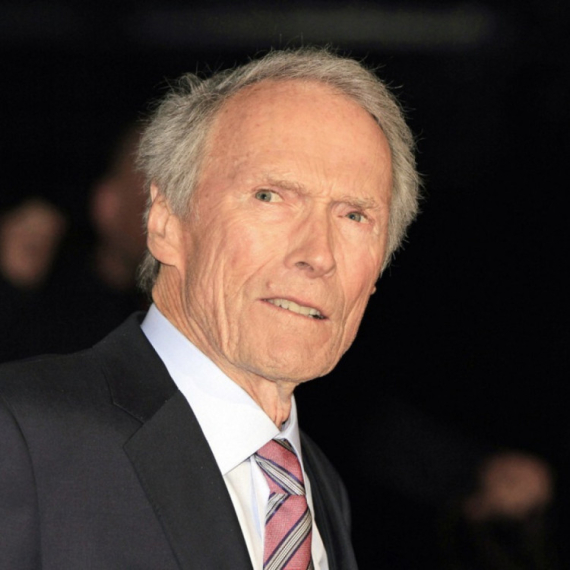






Komentari 5
Pogledaj komentare